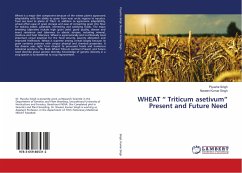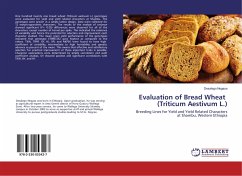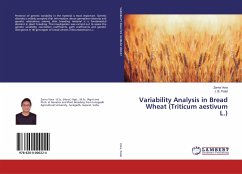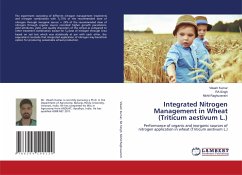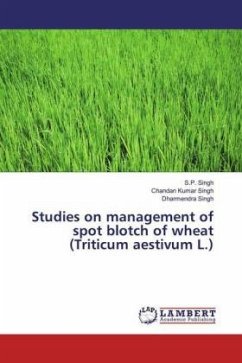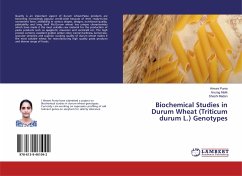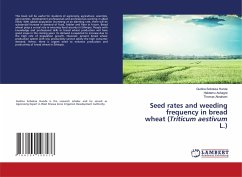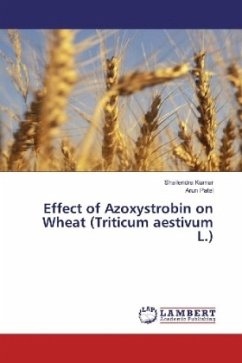Wheat is a major diet component because of the wheat plant's agronomic adaptability with the ability to grow from near arctic regions to equator, from sea level to plains of Tibet. In addition to agronomic adaptability, wheat offers ease of grain storage and ease of converting grain into flour for making edible, palatable, interesting and satisfying foods. The major breeding objectives include high grain yield, good quality, disease and insect resistance and tolerance to abiotic stresses, including mineral, moisture and heat tolerance. Wheat is agronomically and nutritionally most important cereal essential for the food security, poverty alleviation and improved livelihoods. Wheat is supreme among cereals largely because its grain contents proteins with unique physical and chemical properties. It has diverse uses right from chapati to processed foods and numerous industrial products. The Book Wheat Triticum asetivum Present and Future need describe about genetic diversity, Knowledge of genetic diversity in a crop species is fundamental to crop improvement.
Bitte wählen Sie Ihr Anliegen aus.
Rechnungen
Retourenschein anfordern
Bestellstatus
Storno

